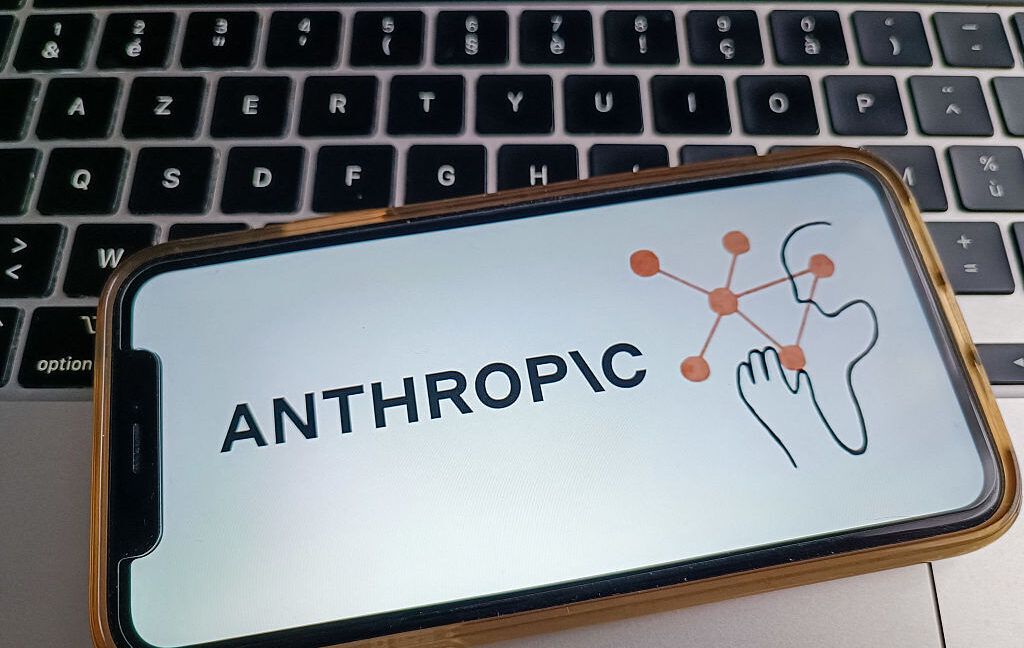from Zerush@lemmy.ml to technology@lemmy.ml on 27 Aug 08:41
https://lemmy.ml/post/35277967
A class-action lawsuit against AI company Anthropic over copyright infringement is nearing settlement, with both parties reaching an agreement in principle[^1]. The lawsuit, filed by authors Andrea Bartz, Kirk Wallace Johnson, and Charles Graeber, alleged Anthropic illegally downloaded millions of books to train its AI models[^3].
U.S. District Judge William Alsup certified what could be the largest copyright class action ever, potentially including up to 7 million claimants[^1]. The lawsuit claimed Anthropic pirated books from online sources including Books3, Library Genesis, and Pirate Library Mirror[^3].
“This historic settlement will benefit all class members,” said Justin A. Nelson, attorney for the authors[^1]. The parties must file a motion for preliminary approval by September 5, 2025[^1].
While settlement terms remain undisclosed, the case had serious implications - industry advocates warned that if every eligible author filed a claim, it could “financially ruin” the AI industry[^1]. Anthropic had previously argued the lawsuit threatened its survival as a company[^1].
[^1]: Ars Technica - Authors celebrate “historic” settlement coming soon in Anthropic class action [^3]: LA Times - AI company Anthropic settles with authors who alleged piracy

threaded - newest
Fuck copyright. I don’t think individuals should have to pay - even with their private data - to access information, and that means companies shouldn’t either. Especially ones providing a public service to people with open weights AI models.
Research and study material should absolutely not be gated to benefit everyone. But recreational pieces should absolutely be protected.
Insidious language to imply people who restrict one type of information is bad and anti humanity, while restricting information you classify as ‘recreational’ - that still provides educational background, cultural identity, a sense of shared community and media with friends, and that is literally out of reach for many poor people in first world countries or most people in third world countries, that do not have libraries, or the funds to buy books and videos - or even the devices to play videos on - no, it’s ‘protecting’ the poor rich billionaire authors who live in their mansions because they wrote a book about a wizard they don’t want people to read without giving them even more money to attack trans people with.
There are many indie authors that would lose their only income. I am thinking about these people. Do you really think it is fair for them?
In a world where people require money to survive, copyright protections ensure writing and other arts remain a realistic (if rarely profitable) activity for those without the luxury of complete financial independence and a wealth of spare time.
Agree.
Disagree.
Whn a person pirates, they usually do it for a) themselves, b) their family or c) a close friend. Some might share on a larger basis.
And other than that, they also usually use it for a) educational or b) entertainment purposes.
For companies, it’s alsmost always d) On a larger basis and c) commercially.
As most licences and contracts differentiate the two uses, so should the law.
The fact that I can download a book online and read it (sneakily, and technically illegally) doesn’t mean that if I became an AI LLC I could download it, along with thousands of others, to then sell as my AI’s “knowledge”.
Making that an AI’s knowledge is “storing in a retrieval system” and commercial use isn’t a free use criterion.
The true problem with (common law) copyright is the fact that it can be bought and sold. Or rather, the author doesn’t own it - the publisher does. Which goes against the initial idea of the author getting dividends from their works.